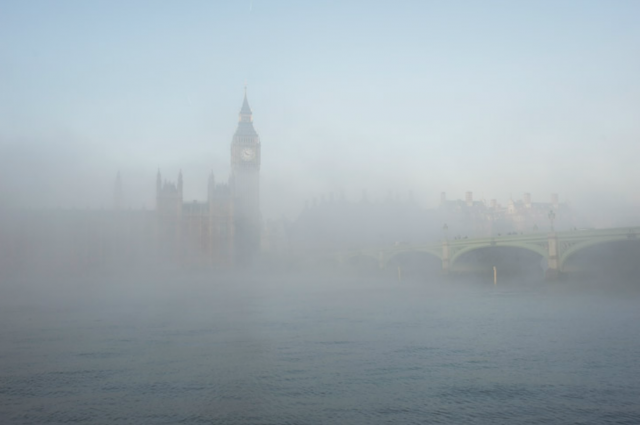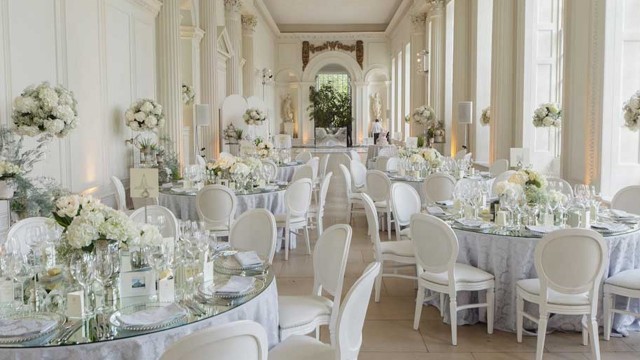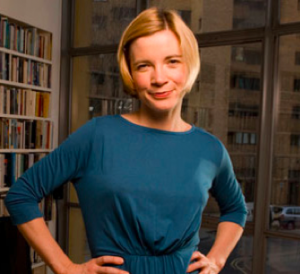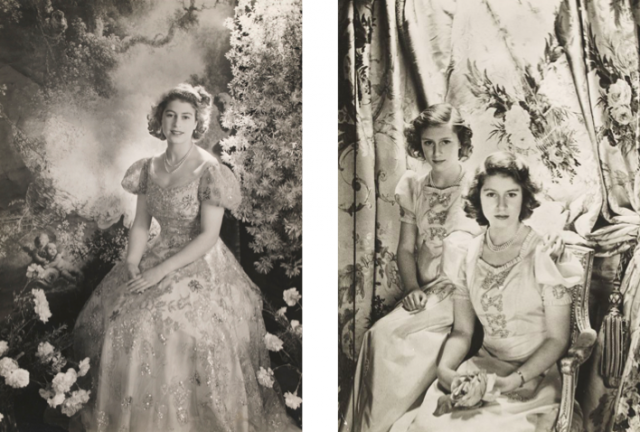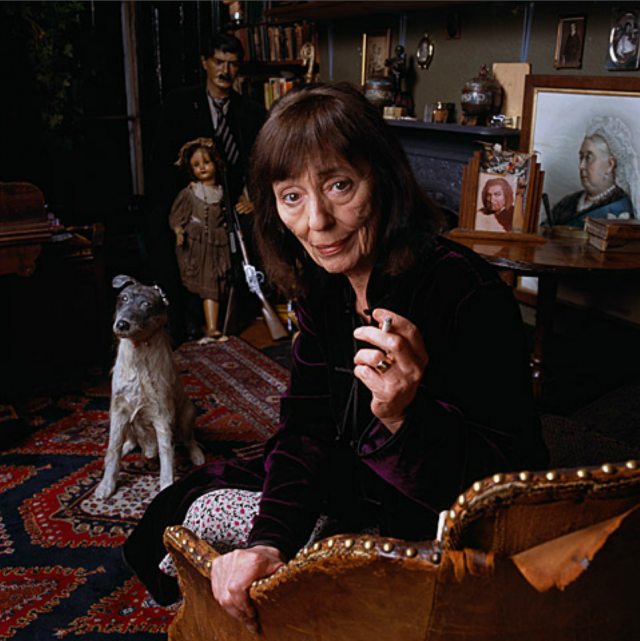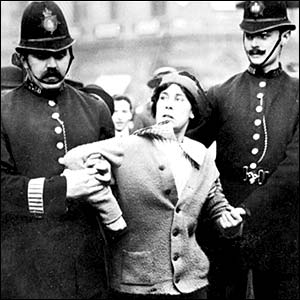Why no progress in 50 years?
I seemed to spend recent months head down, at my office being a first-time publisher, but my diary proves there was plenty of fun.
My maths course, MONEY STUFF, was successfully tested at Loughborough University, which has a reputation for being ahead of the trend. Then dynamic Nicky Morgan MP for Loughborough, invited me to the House of Commons for the launch of Loughborough University’s extension leap into London, at the Olympic village. Student displays of their work were impressive. I particularly liked a new take on the life belt – a tiny, light, engine-powered raft that a lifeguard can use to tow a swimmer in distress. Turn on the engine, point it at the beach and up to four people in danger of drowning can be safely towed ashore.
I spent a magical evening in the Orangery of Kensington Palace, hosted by Justine Picardie, for Harpers Bazaar UK magazine. All went as smoothly as a royal function. Also present was Lucy Worsley, TV historian with the mischievous schoolgirl grin and the ability to make history sit up and chat to you. When talking to you alone, Lucy (pictured below) is just as witty and entertaining as she is on TV.
While we drank champagne and nibbled, Lucy and Justine sat on bar stools – difficult to do with elegance – and talked about the fashion collection from royal wardrobes, housed at Kensington Palace. Then we all walked over to the Palace to see some of the 1950’s clothes of H.M. The Queen and her sister, H.R.H. Princess Margaret.
Many of the exquisite gowns were made by Normal Hartwell who, together with photographer Cecil Beaton, created the fairy-tale-but-cosy family brand of George VI who hurriedly replaced his brother, that naughty King Edward VIII who couldn’t do his duty without a hard-boiled, American divorcee, Mrs Simpson, to hold his hand, etcetera, so abdicated.
Eleanor Bentall dropped by for coffee and to show me her brilliant photographs. My favourite was this portrait of Beryl Bainbridge (see below). We agreed that at sometime, Eleanor will photograph me, but she’s currently booked for months ahead.
It was sad at the funeral of 83-year-old Patrick Seale, the foremost expert on Syrian history, past wars and the present ones. After Patrick’s funeral – standing room only in the chapel – I felt energyless and depressed. I kept telling myself that I had been lucky to know him, but that didn’t help, so I remembered our adventures.
I met Patrick when he was European editor of The Observer and I was fashion editor. Back then, you were only allowed to take £50 a year out of Britain, unless you were going abroad on business. My French cash for the trip didn’t come through in time, so I caught the plane to Paris with a weird collection of cash – francs, lire, kopeks, zloty – that the accounts department hurriedly produced. Once in Paris (see below), Patrick sorted out the money and proved the ideal companion.
A couple of years later, Patrick became a literary agent, around the time I was forced to leave Fleet Street because of a chronic illness. Now unable to earn, I could no longer afford home help and found that books on housekeeping were stodgy, often unhelpful and sometimes wrong. So I chatted to plumbers, electricians, house painters and butlers, in order to learn how to do it from the horse’s mouth.
One evening Patrick phoned; his voice always sounded as if the two of you shared some fantastic secret. He said, “I’ve sold your book!”
I said, “What book?”
“Your book on housework!”
“But I’ve only written notes for myself.”
“I have the cheque in my pocket.”
“I’m writing a book.”
And that is how I came to write Superwoman, a book on how to minimise housework. I was attacked both by feminists and women who felt I was depriving them of their purpose, and so their identity, leaving their life empty and meaningless. So I wrote another book on what to do with the time you save by minimising housework.
Later, remembering those feminist attacks, I phoned my close friend Peter York. Peter is the boss of Social Research Unit, and I had a social question for him. “What’s happening to feminism?” I asked, “It seems to be advancing all over the world but in Britain, where the Equal Pay gap is widening.”
Nearly fifty years ago, I sat with four other journalists in somebody’s bedsitter as Anne Sharply [Evening Standard] collected 50p from each of us to start Women in Media, with the Third Wave of Feminism.
I was responsible for all British Media coverage. Quickly, Women in Media grew to 300 journalists lobbying for equal opportunity and equal pay for work of equal value – and soon this became the law.
But fifty years later women still do not have equal pay or equal opportunity – even at the BBC, which is a public institution paid for by our equal taxes. Sexist behaviour and speech is still condoned as ‘laddish’ or ‘banter’ – whatever that is – that women should take as a compliment. We don’t need such compliments: we need equal pay. People normally get fined or put in prison for disobeying the law: why is this not happening to all directors of Footsie 100 public companies?
